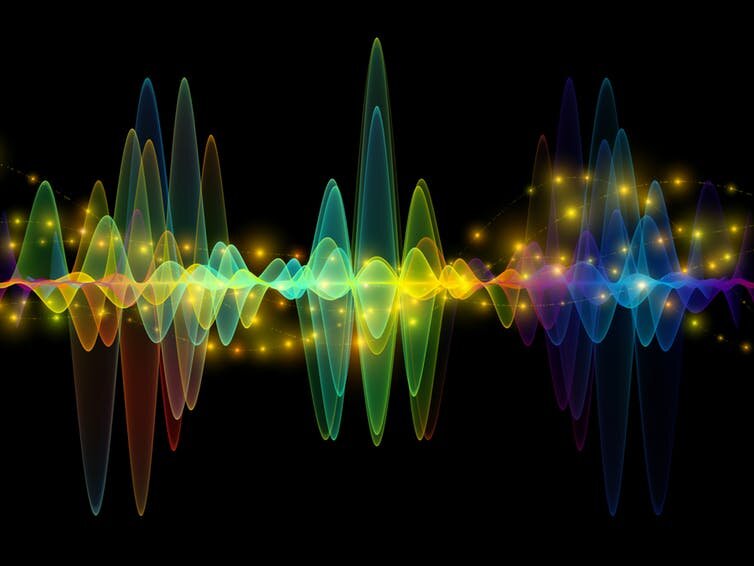Duality And Life Beyond Your Thinking Mind
Duality and life beyond your thinking mind focuses on the limitations of time, foreground and background, duality and "stuckness"
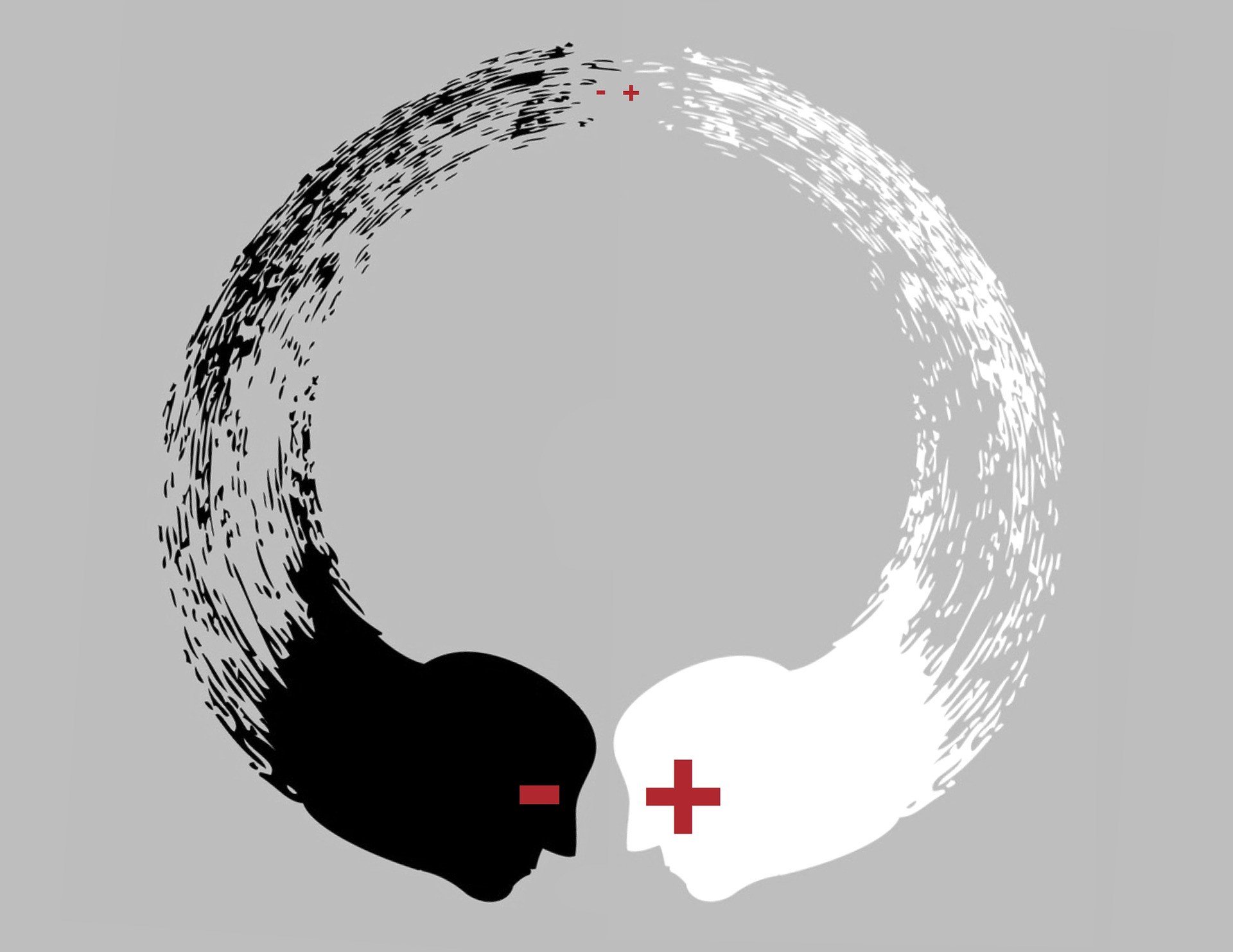
Duality And Time
The experience of duality and life beyond your thinking mind raises interesting questions about the nature of time, the limitations of time, and perhaps more accurately our perception and experience of time.
The western view is that time is a one-way motion from the past to the future, one event following another, endlessly. What happens now and what will happen later seems to be a result of what has happened. In other words, the past drives the future.
But time, more accurately described as “clock time” or “psychological time”, is a product of the mind.
Put simply, and dramatically, there is no time.
The course of time is really like the course of a ship in the ocean. The ship moves, and leaves behind it a wake, and the wake fades out, and it tells us where the ship has been in the same way our past, and our memory of the past, tells us where we have been.
And as we look back into the past, we get to a point where our instruments, and the records left behind, fade away, just as the wake of the ship fades away, and eventually disappears.
The important point here is that the wake doesn't drive the ship. The ship creates the wake, and it always creates it in the NOW, and leaves a trail behind it.
The past is not a determinative factor. Creation happens in the present NOW and trails away in our memory, and eventually vanishes.
Duality - Foreground & Background
The physical world is the world of the mind and exists in the foreground and is experienced through our senses.
Then there is the world of consciousness, the spiritual world, the background, from which all form emerges into the foreground, and into which it eventually dissolves.
The physical world of form could not exist without this background.
This is summed up in the Buddhist saying:
"Form is nothingness, and nothingness is form."
And also in the saying of Christian theologians (Tillich et al)
"The ground of all being."
The physical world that we see and live in and mistake as reality – or all there is – is only 50% of the equation.
The other 50% is the background – also referred to as emptiness, the void, the field of possibilities, the "ground of all being", God, Allah etc.
Duality - A Universe Of Vibration
This is a universe of vibration, and whether we think of vibration in terms of waves or particles, no crest of a wave can occur without a trough, and no particle can occur without a space or interval between itself and other particles.
There can be no on without off, no up without down.
Our senses are constructed in such a way that we notice and respond to the "on" but miss the "off", but that doesn't mean it isn't there, and that doesn't mean it isn't absolutely essential. The dark, the silent, the empty, the off interval, are ignored.
Our consciousness ignores the intervals between one "on" and the next "on", but it could not notice the "on" without the existence of the "off."
Another expression of this vibratory aspect of the universe is duality.
Duality, or opposites, only seems to exist as opposites in that each side of the duality depends on the other side for its existence.
"Here" makes no sense without "there". "Not me" makes no sense without "me". "Good" makes no sense without "evil". Each of these can only exist in relation to the other.
Whilst I have the deepest respect and understanding for those who ask "How can a so called God of love allow suffering?", the truthful answer is "How can He/She not?"
Each of these seemingly opposite ends of the spectrum is one thing, not two.
Hard as it is for the dualistic mind to comprehend, in being opposite, they are also inextricably tied to each other, and cannot exist independently.
They're like two sides of the same coin.
You can't have a one-sided coin, and the two aspects of duality cannot exist separately either, nor can one win out over the other.
Beyond the mind, you jump out of subject-object relationship into a realm where there is no duality.
In the everyday realm of the mind we cause and experience so much pain and suffering by our refusal to accept that for things to be good they have to be bad, for things to be well they have to be wrong, to be understood and valued we have to be denigrated and unappreciated.
Because of our inability to understand this we get stuck or attached to states of mind and emotion, we get stuck or attached to things and people.
Further Reading:
Living In A Participatory Universe
Next Article: How to stop thinking
Return from "Duality And Life Beyond Your Thinking Mind" to:
LATEST ARTICLES
Dealing With Distraction - Learning How To Live With Your "Attention Autopilot"
 Living With Your Attention Autopilot The good news about your Attention Autopilot is that it will keep you safe. It is continuously scanning your immediate environment for threats. The bad news is tha…
Living With Your Attention Autopilot The good news about your Attention Autopilot is that it will keep you safe. It is continuously scanning your immediate environment for threats. The bad news is tha…The Time Of Your Life - Recognising Moments Of Alignment For Action
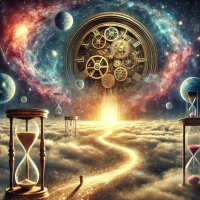 How will you recognise your moment of alignment for action? In this article I want to look at our relationship with time and in the context of the two main themes of this site, firstly as a thinking s…
How will you recognise your moment of alignment for action? In this article I want to look at our relationship with time and in the context of the two main themes of this site, firstly as a thinking s…The Metagame Approach to Second Order Thinking - 5 Guiding Principles
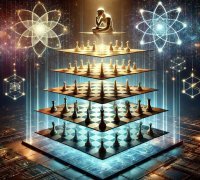 How To Position Yourself For Survival & Success In A Complex Environment We treat life as though it is a complicated system, and our thinking skills and mental models are focused on understanding its…
How To Position Yourself For Survival & Success In A Complex Environment We treat life as though it is a complicated system, and our thinking skills and mental models are focused on understanding its…Outcome Over Optics - Long Game Outcomes Over Short-Term Ego Gains
 The Day I Learned To Focus On Outcome Over Optics I have never forgotten the day I learned to focus on outcomes over optics and figured out a very simple way of saving myself several hundred thousand…
The Day I Learned To Focus On Outcome Over Optics I have never forgotten the day I learned to focus on outcomes over optics and figured out a very simple way of saving myself several hundred thousand…The ETTO Principle - Why Near Enough Can Be Good Enough
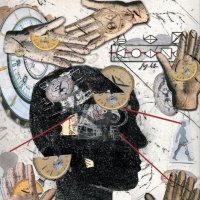 How To Balance the Efficiency-Thoroughness Trade Off The ETTO Principle describes the inherent trade-off between working efficiently and working thoroughly. This trade-off is something that affects…
How To Balance the Efficiency-Thoroughness Trade Off The ETTO Principle describes the inherent trade-off between working efficiently and working thoroughly. This trade-off is something that affects…Master The Art Of Drawing The Bow
 Focus On Process Not Outcome In so many areas of our lives, we focus on the outcome, not the process that we follow to achieve it. In the western world, we are conditioned to pay less attention to how…
Focus On Process Not Outcome In so many areas of our lives, we focus on the outcome, not the process that we follow to achieve it. In the western world, we are conditioned to pay less attention to how…And So This Is Christmas
 There Is No Path To Peace - The Path Is Peace Thich Nhat Hanh, the renowned Vietnamese Zen Buddhist monk, teacher, and peace activist, often spoke about peace as a state of being that begins within on…
There Is No Path To Peace - The Path Is Peace Thich Nhat Hanh, the renowned Vietnamese Zen Buddhist monk, teacher, and peace activist, often spoke about peace as a state of being that begins within on…Curiosity Skilled The Cat - Optimize For Interesting
 Curiosity Fuels Excellence The old adage, “Curiosity killed the cat,” warns of the dangers of venturing too far into the unknown. But what if we reimagine it not as a risk but as a gateway to developi…
Curiosity Fuels Excellence The old adage, “Curiosity killed the cat,” warns of the dangers of venturing too far into the unknown. But what if we reimagine it not as a risk but as a gateway to developi…Let Stillness Speak - Living Within A Complex System
 To let stlllness speak is to learn it's first major lesson: you are not your thoughts. To let stillness speak is about stepping back from the constant chatter of your mind and allowing a deeper, quiet…
To let stlllness speak is to learn it's first major lesson: you are not your thoughts. To let stillness speak is about stepping back from the constant chatter of your mind and allowing a deeper, quiet…Understanding Complex Systems Thinking - It's Not Complicated
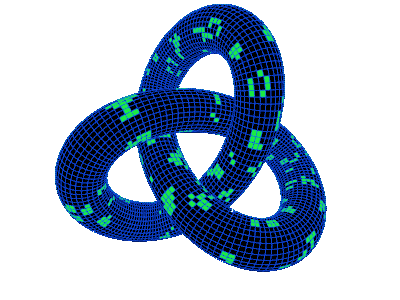 Understanding, and being able to work with, complexity is an important thinking skill.
We are all working with complex systems, and we do so every day. The biggest one is life itself. We automaticall…
Understanding, and being able to work with, complexity is an important thinking skill.
We are all working with complex systems, and we do so every day. The biggest one is life itself. We automaticall…Stay On The Bus - When To Keep On Going
 The Helsinki Bus Station Theory
Have you ever started a new project, initiative or role with a big vision and a determination to make a difference? Initially you were full of enthusiasm and highly mo…
The Helsinki Bus Station Theory
Have you ever started a new project, initiative or role with a big vision and a determination to make a difference? Initially you were full of enthusiasm and highly mo…Zen Thoughts Email Series
 Conversations With A Friend Zen Thoughts is an email series of 50 short messages spread over 3 months. The messages are written in the style of a conversation with a friend who is going through a toug…
Conversations With A Friend Zen Thoughts is an email series of 50 short messages spread over 3 months. The messages are written in the style of a conversation with a friend who is going through a toug…How to Get What You Value by Changing What You Measure
 Give Up Control & Gain Influence To Get What You Want
The metrics we choose to focus on can significantly shape our outcomes, sometimes in ways we don't intend. The challenge is to make sure that you…
Give Up Control & Gain Influence To Get What You Want
The metrics we choose to focus on can significantly shape our outcomes, sometimes in ways we don't intend. The challenge is to make sure that you…How to Become A Master At Overcoming Hard Moments
 "The best in the world are not the best because they win every point. It's because they lose again and again and have learned how to deal with it." This quote from Roger Federer has got a lot of cover…
"The best in the world are not the best because they win every point. It's because they lose again and again and have learned how to deal with it." This quote from Roger Federer has got a lot of cover…Drop The Story - Deal With Your Demons and Transform Your Experience
 Are you living your life from the stories you tell yourself? Learning how to drop the story and deal with that voice in your head can be a game changer. When you can do this you will have a powerful t…
Are you living your life from the stories you tell yourself? Learning how to drop the story and deal with that voice in your head can be a game changer. When you can do this you will have a powerful t…

